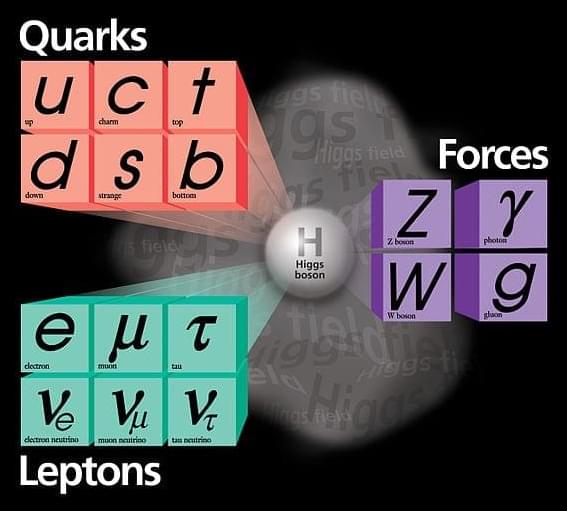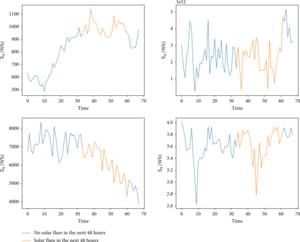Wooden objects are usually made by sawing, carving, bending or pressing. That’s so old school! Today, scientists will describe how flat wooden shapes extruded by a 3D printer can be programmed to self-morph into complex 3D shapes. In the future, this technique could be used to make furniture or other wooden products that could be shipped flat to a destination and then dried to form the desired final shape.
The researchers will present their results at the fall meeting of the American Chemical Society (ACS).
In nature, plants and some animals can alter their own shapes or textures. Even after a tree is cut down, its wood can change shape as it dries. It shrinks unevenly and warps because of variations in fiber orientation within the wood. “Warping can be an obstacle,” says Doron Kam, a graduate student who is presenting the work at the meeting, “but we thought we could try to understand this phenomenon and harness it into a desirable morphing.”







